Have you noticed when people first meet each other the first question is more than likely “so what do you do?”
The world tends to think about work as part of our identity. Work does offer a sense of purpose and often having a brain injury may mean that you can no longer continue with the same work as before. So as we work towards increasing skills and aiming to work again, we may decide that work is no longer our goal. In that case it’s a great idea to find your passions and pursue them. This could take the form of art activities, a musical instrument or even a sport tailored to your abilities.
Having an activity that is purposeful and that you are passionate about can be very rewarding, so talk with Headstart if you have some ideas that you want to action or perhaps brainstorm some options that you could try out.
In our June 2022 edition of NewsLink we featured a few unique people and their stories of refinding passions and returning to work. Of course everyone is unique and will have different skills and also challenges. Further study could also open up new opportunities or take you in exciting new directions, as you’ll see by reading Eddie’s post-stroke story on pg 10. After a successful career in Marketing Eddie studied a Cert 4 in Allied Cert IV as an Allied Health Assistant in Physiotherapy and recently secured a job at Toronto Private Hospital.
Daniel’s brain injury was the result of a serious road accident as an 8 year old. Today Dan is a Headstart consumer who loves his work at Aruma. His supervisor Steven: “Daniel’s contribution with his capabilities is amazing! I don’t like the word disability, I use ability even though he hasn’t got use of one hand really.”
“Daniel’s only got one side of his body working because of his injury. I’ve noticed heaps of improvement in Daniel because of this job. He enjoys it and I know that it’s good for him, even little things like his speech. It’s all part of him being around other people.”
Sue is am amazingly creative person and since her stroke has found her happy place again. Having once worked in the clothing design industry - and always being an artist at heart - Sue now finds therapy and friendship in her weekly art sessions with support worker Tanya.
“I’ve always been an arty crafty girl. I’ve always done tapestries and I was in the rag trade when I was working. Now I just seem to escape into a paintbrush and canvas.”
Perhaps there’s a hobby or passion you already have that could translate into a small work from home business? After this stroke Headstart consumer Tony (pictured below) has been rebuilding old watches and selling them online successfully for years! Read Tony’s story here.
Alternatively volunteering your skills or taking in an apprenticeship again could be a way back into the workforce. Leonie (pictured below) had a brain tumour and a series of strokes which mean that she had to give up her own hair salon after being a hairdresser for 35 years. But she still had the desire and found an opportunity to make it happen again. Read Leonie’s story here.
Additionally our friends at Synapse have a great fact sheet on returning to work after ABI.
Working after a brain injury is a realistic goal for many, and other say not return to the workforce again. Whether work or a hobby, we love helping consumers to pursue their goals and passions. Don’t give up, have a go!





